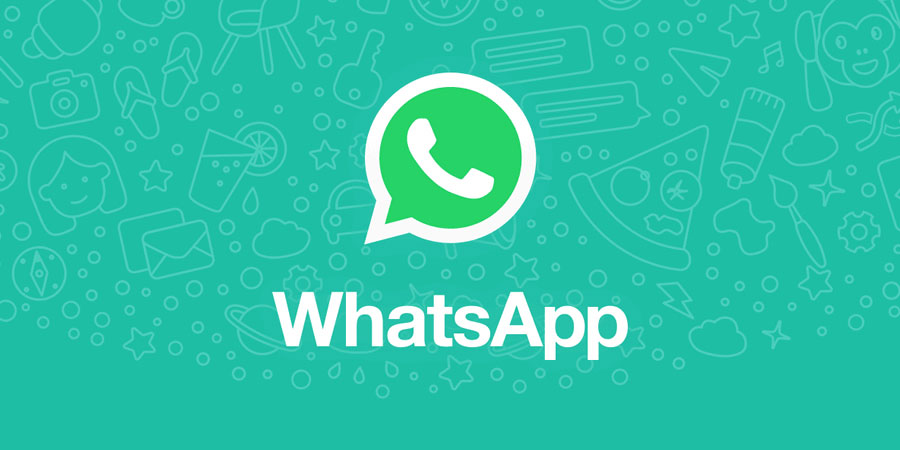Questions are being raised on whether WhatsApp is losing its reputation as the simple, reliable, secure messaging app after it has announced that users failing to agree to its new data policy before February 8 would risk losing their accounts.
Social media is rife with discontented voices over the app’s new policy which leaves users with a ‘take it or leave it choice’ of sharing commercial user data with their parent company Facebook.
“I know that data is the new oil and I am not giving my oil to you. And you can’t force me too. So, I will be moving to SignalApp. My new found love,” tweeted one disgruntled WhatsApp user.
All these reactions started when WhatsApp sent out its in-app pop up with the following key updates:
- WhatsApp’s service and how we process your data
- How businesses can use Facebook hosted services to store and manage their WhatsApp chats
- How we partner with Facebook to offer integrations across Facebook company products.
Invasion of privacy
The move is being seen as a complete diversion from its 2009 launch policy that messages and data of users would not be shared with anyone. However, the new privacy policy which comes into effect from February 8 onwards, allows WhatsApp and Facebook to share user information with businesses and third-party service providers that transact on these platforms.
What has set alarm bells ringing is that sharing such large data sets across multiple platforms through Facebook, a company that has a history of misusing privacy policy, would be a violation of users’ data and privacy rights.
Responding to the discussion, Will Cathart, head of WhatsApp at Facebook tweeted on January 9, “With end-to-end encryption, we cannot see your private chats or calls and neither can Facebook. We’re committed to this technology and committed to defending it globally. You can read more here: https://whatsapp.com/security/”
Will further responded saying, “It's important for us to be clear this update describes business communication and does not change WhatsApp’s data-sharing practices with Facebook. It does not impact how people communicate privately with friends or family wherever they are in the world.”
What it means is that personal chats within the app will not be shared with Facebook as the chats are encrypted.
However, under the new policy, WhatsApp can share with its parent company information about your phone’s hardware, such as battery level and service status.
“We collect device and connection-specific information when you install, access, or use our services. This includes information such as hardware model, operating system information, battery level, signal strength, app version, browser information, mobile network, connection information (including phone number, mobile operator or ISP), language and time zone, IP address, device operations information, and identifiers,” reads WhatsApp’s text.
The policy will also allow sharing your interactions with a business account on WhatsApp to “several people in that business”.
Why data mining?
Facebook earns 99 percent of its revenue through targeted advertising. With the new updated privacy policy Facebook can get access to WhatsApp’s user information that will be used for creating individual profiles based on the interpretation of the preferences.
WhatsApp Business allows users to transact through the app and make purchases. Although Facebook wouldn’t be storing the messages, the businesses can send you promotional adverts and deals on other Facebook platforms once your data is captured. Furthermore, the businesses you interacted with on WhatsApp Business might be using third-party suppliers, who would also try to target you if they have the records of your transactions.
Anti-trust issues
The US government recently has filed an antitrust lawsuit against Facebook. They are of the view that the social media giant’s massive market power has grown out of proportion and making it difficult for smaller competitors and endangering consumer privacy concerns.
However, Facebook has been facing the antitrust challenge for some time based on their resources to fight with their prosecutors even as the anti-trust issue against them will only grow, according to experts.
Until now, WhatsApp had stuck to its promise of data privacy but with the new policy, it is being perceived as a platform that is obliged to Facebook’s overarching expansion strategy.
Would switching to other messaging platforms help?
A lot of WhatsApp users are already contemplating switching to other messaging platforms such as Signal, Telegram and IMO that are gaining traction because of the recent development. A famous responder to WhatsApp new data policy was Tesla founder Elon Musk who sent out a tweet, ‘Use Signal’, suggesting people to use the cross-platform messaging app run by a non-profit. However, it would be worth the while to remember a popular phrase that goes “if the service is free, you are the product.” You may want to go ahead and delete your WhatsApp account and use another one but at some point, the new messenger service could also move to a similar business model. What do you do then?
What seems to be an obvious follow up is a thorough study of the new privacy policy and its ramifications until a clear intermediary guidelines are put in place.
Only time will tell if such amendments can restore the confidence of the users of their information not being misused by business and corporate enterprises.









